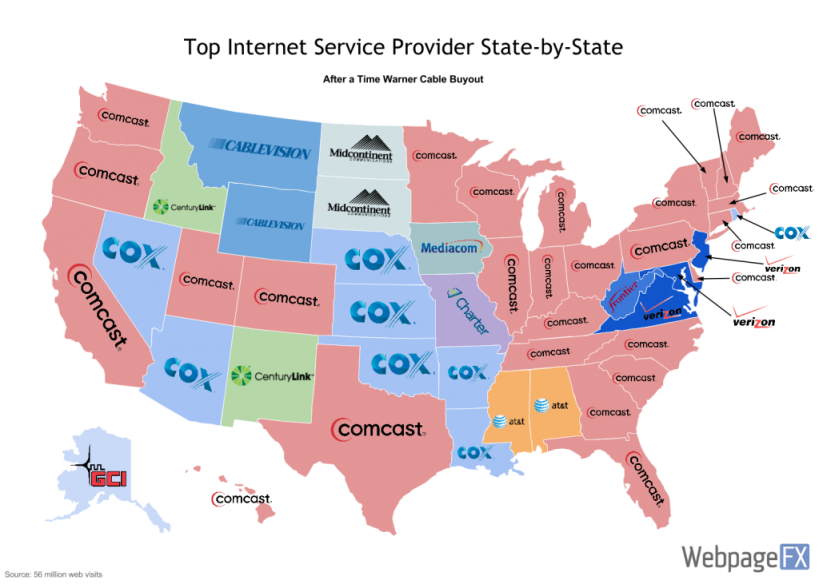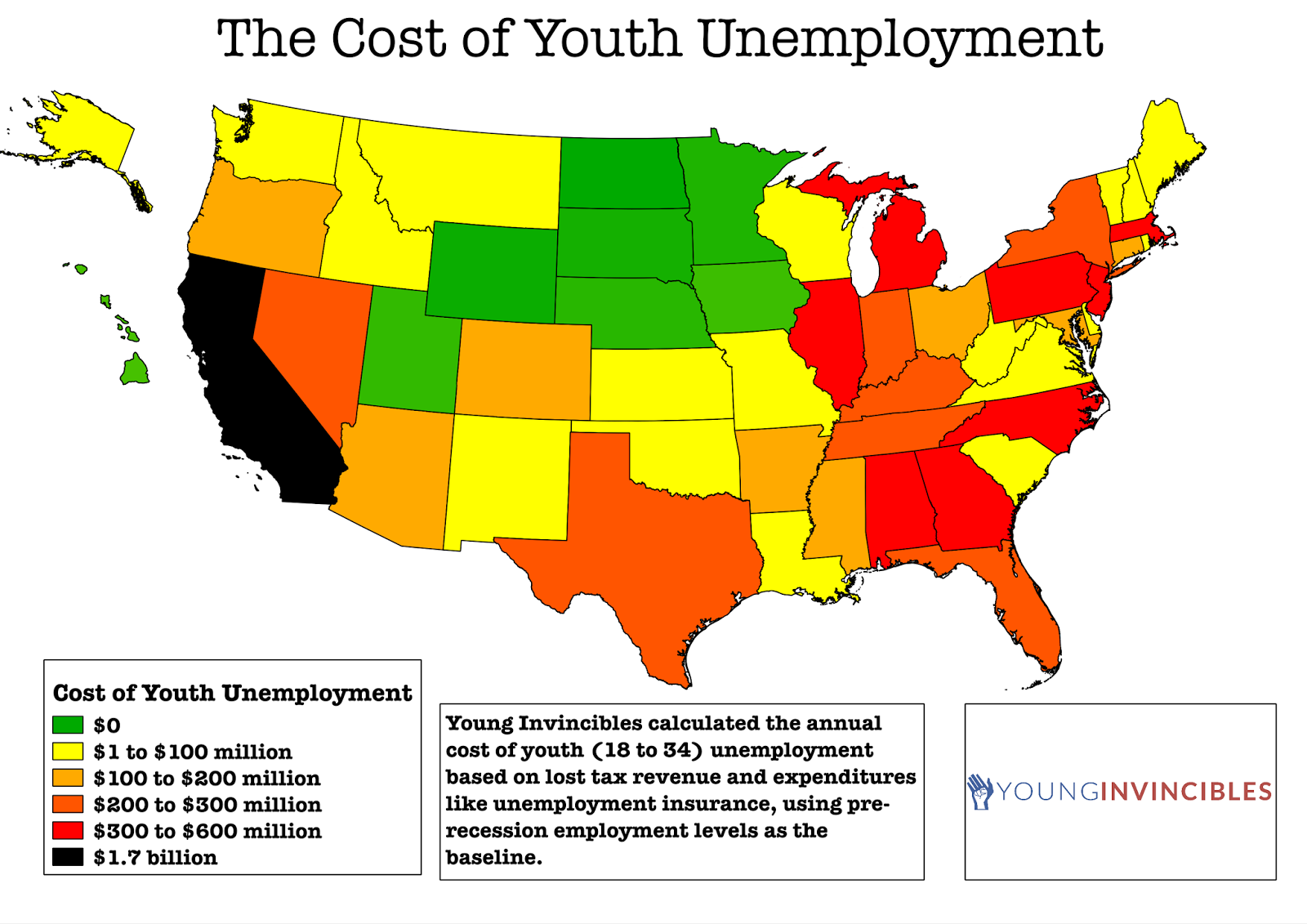I stumbled onto this Reddit thread Workers of Reddit, what is the most disturbing thing your company does and gets away with? It is eye opening commentary about wide spread corrupt business practices. This is the sad condition of business in America. I would advise people not to be a consumer at ANY failing corporate business in the near future. The Retail Death Rattle will take down employees and customers alike.
1. The company I used to work for has successfully lobbied for the right to extend credit to consumers. This is essentially the right to create money – or at least the fiction of money. They now make a huge amount of their money on financial services – things like interest and late fees – and have the right to lend at extortionate rates. In doing so, they’ve engaged in irresponsible speculation on a global scale, ultimately destabilizing the world economy and leaving millions of people destitute.
Then, they got the government to bail them out!
Oh yeah. We all know about that.
2. I actually don’t work there anymore but I worked for an apartment rental company that would offer renewal leases with increases sometimes as high as 50%. They would also do specials, say $1000 off your first month’s rent, and raise the monthly price to offset it.
3. This will probably get lost in the thread, and may have been mentioned already, but government contractors build faults into their system so they can get the contract for maintenance on the project, and keep getting paid. Its a waste, and really fucking draining when you just want to do a good job.
4. The bank charges you 20% interest to borrow money but only pays out 1-2% interest on your money. And these are Canadian banks that didn’t even “fail” They’re just piggy backing on the American collapse and claiming to be broke to reap more profits. That’s the new age corporate strategy: hide your money and tell everyone you’re broke.
5. I worked at a nonprofit for two years, writing grants and dabbling in marketing promotions. It was a lot of writing and researching to apply and submit for federal grants. The worst I witnessed was the misuse of funds by the CEO.
The board of directors met only quarterly and at least $3,000 was spent on travel expenses (snowbirds and distance members we flew in and put up lodging and food). New iPads were purchased for board members for almost $9,000. Three brand new “company vehicles” in four years.
The CEO would insist on “reorganizing” funds; i.e., money laundering. It was frustrating to always explain, “No, we can’t take the grant per diem, funnel through some accounts, and call it the corporate fund.” The feds get antsy when you start misappropriating funds. Weird.
6. My company deliberately disables certain features in the accounting software we produce in order to get more people to switch to the online version or upgrade their desktop version.
From what I have seen, our support staff is trained to tell people they need to upgrade to the latest software to fix issues with older versions instead of actually telling them how to fix it; this is on top of the customer having to pay for support in the first place.
7. I’m a subcontractor and work near a VERY large university. New student apartments are popping up left and right to meet the high demand.
Some projects are pushed so fast by a certain local general contractor, it puts the future tenants at risk. Things such as inadequate framing/ insulation covered before inspections and major mold growth above ceilings.
Feel sorry for the kids spending $1000 a month for a 100sqft bedroom.
8. Home construction is done as cheaply as possibly. Value engineering is an understatement. The average builder has a minimum of 50% profit / 100% markup on a home. You’re not getting what you pay for.
9. Goodwill hires developmentally challenged individuals to “work” in their stores so customers will feel bad and spend more money there.
The CEO of my old district in particular used to be a fucking DOCTOR. He left that for this job. Ten years ago his salary was $2 million a year. I can’t even imagine what he makes now.
Yeah, I don’t work there anymore.
10. Worked for best buy for a couple years. There I sold computers and warranty contracts to people who, after signing, were obligated to pay 12-30 dollars per month for 2-3 years for unlimited computer service. After they signed up we did a free setup which was normally a paid for service. The customers had 30 days to cancel and if they did we charged them for the “free” setup that we performed which totaled to 150 dollars. The total price payed for this service was often equal to the price of the laptop by the end of the contract. Ive heard employees tell customers it was only a one time charge. once they realize they are getting billed monthly its too late to cancel. I chose to explain fully the terms but most of my coworkers just pushed till they got a yes. This plus the high interest credit cards, layoffs and poor treatment of employees makes that business deserve to go under.
11. I used to work for a Diabetic supply company that catered to Medicate recipients. Medicate has very strict rules on how these patients can be contacted, how they can be charged, etc. I started there as a customer service agent, which was really a sales position in disguise. In order to get past the rule where you can’t cold call, they would use a sales lead company, which was technically not allowed either. The lead company and my company both lead these elderly people to believe they’d be getting all of this equipment for free. In truth, Medicare only pays for 30-70% depending on the plan the customers have. There was so much falsifying of records, forging doctors signatures, really awful things. When Medicare finally started investigating, they sold the customer list and then came in that afternoon and told us all to go home.
12. I work at Walgreens. Let me start off and say that we are the very definition of thieves. We charge way too much for everything. Besides that, in the store I work in we rarely check expiration dates. The other day I had nothing to do so I started checking dates. I found three whole retail boxes of Dentyne Ice that expired on early 2012. That is where I made it my mission to check all the dates. Let it be clear, this is not just a Walgreens thing but all retail is like this. ALWAYS CHECK EXPIRATION DATES IN STORES BECAUSE ODDS ARE, AT LEAST ONE THING YOU ARE BUYING IS EXPIRED!!!
13. I work as a courier. I am not employed, I am an independent contractor. I make two-thirds of the cost of delivery. I pay all of the expenses I touch (gas, insurance, uniform, equipment, ‘radio fees’, software licensing, etc). If my day goes well, I only spend nine hours in my car. The company I work for skims my cheque by pocketing the dimension and weight fees.
I have no rights because I’m not employed. I could be let go for any reason at any time.
14. Massive multinational agricultural biotechnology firm… Huge lobbying pressures placed on governments all around the world to try and force legislation through, allowing us to sell certain chemical products which are very likely to fuck up bee populations (already under under threat from various other factors). Absolute disregard for ‘the precautionary principle’. Releasing ‘scientific literature’ to back our claims about these chemicals having minimal environmental impact. None of this literature is peer reviewed and all of it is produced from trials designed to prove minimal impact, not to actually ascertain what impact may occur.
15. Every company/organization that has unpaid internships. That shit is beyond fucked up. It’s another way that rich kids get a hand up in the job market. I had a friend who had to turn down an internship at the white house because it didn’t pay anything. I had another friend who had to turn down another internship at a prominent late night talk show because it was unpaid. These were both internships for after you graduated college. These internships would have changed their lives and the trajectory of their careers immensely. But they had to turn them down because they didn’t have rich parents who could afford to pay for them to move to another city and handle all their expenses for a year or so while they worked almost full time for no pay. If these places would have at least paid minimum wage they would have taken the internships because struggling in a shitty apartment for a year or so would be worth the job that internship would help them get in the future. How fuck are we letting major corporations and our government work people for nothing?
16. I work for a very popular retail pharmacy. People have to answer a survey of our customer service in order to receive special coupons. the survey is on a basis of 1-5, 5 being the highest rating. you are given targets for each question (store clean and neat, was staff friendly and courteous). if you do not meet your target, you do not get a raise.
Only scores of a 5 count. anything lower than a 5 is a zero. so why not make it yes or no questions? they can control raises that way. billions of dollars in their pocket and they stress their employees out.
17. When I used to work in retail we had these things called “great values”. Every sale we’d put yellow tags on top of items that weren’t actually on sale, which we were allowed to do because it didnt actually say “sale” or “special”, just great value.
It was always funny to see people walk by them and say something like “that’s a really good deal” and buy the item even though it was regular price.
I’ve seen similar stuff at other department stores so I assume it must be fairly common.
18. I used to work at Ritz Camera, they went bankrupt several times and were always cutting corners. After the first bankruptcy the photo labs stopped properly disposing of the printing chemicals. Instead the poured them down the sink or on the ground outside the store. I watched over 30 gallons go down the drain on my last day.
19. I used to work in a restaurant where on busy nights, or on nights when staff were sick, they would ring up people to come in for a 3 hour “trial”, and get them to run out food and drinks to the tables. All unpaid of course, followed up at the end of the shift by “Sorry, you’re just not the right type of person we’re looking for.”
20. Hire “temps” for years at a time, just so they don’t have to pay for heath care, holidays, paid time off, etc.
I guess you can’t be 44th richest man in the world by being decent, eh Michael Dell?
21. Yep. Quicken Loans pulls this BS as well.. made $80 billion in loans and about 1 billion in profit in 2013, but noooo they “can’t afford” to hire anyone for anything more than a crappy temp contract. Glad I left.
22. Worked a car wash where they had a communal tip jar. The Jar got divided up for all the employees. But only after the own took out any expenses that might have been incurred from the machines malfunctioning or customer complaining about the machines “scratching” their cars. I worked there 3 months and the only tip i ever saw was when a knowing customer handed me a $5.
23. We have a zero tolerance violence policy. Basically we are told that if another employee assaults you, you should just lay on the floor and wait for someone to call security to assist you.
If you try to defend yourself (ie blocking punches, kicks, repeated stabbing with a knife) you both get fired.
It’s completely insane, if I’m on the street and someone attacks me and I defend myself I can press charges against them, but in work nope. They even make you sign a form stating that you cannot sue the organization for damages.
24. I worked for New Horizons (a franchise company that offers computer skills training.) They regularly (and anonymously) advertise great jobs for techies. These jobs do not exist. They collect resumes and use the info to contact job-seekers, saying the hiring company they applied to wants to interview them, but they require more training. If you bite and pay for training, you are told later that the job was filled by someone else. Essentially, New Horizons advertises fake jobs, gives false hope for a job that doesn’t exist, charges the poor job-seeking saps for training, rinses and repeats. They are still doing this today, with generic job posts all over CareerBuilder. CareerBuilder knows, but doesn’t care because they get paid to place the fake ads.
25. Many retailers put a tremendous amount of pressure on employees and especially managers to open a certain amount of “loyalty accounts” (customer credit cards). I have watched managers outright bribe customers to open new accounts to meet the daily goal, even if they were not likely to be approved (because the managers still get credit for attempting to open new cards). I have also watched employees basically prey on younger people who don’t understand how credit cards work in order to open new accounts.
26. Hardware store uses a loophole in local laws that says employees are under a probationary period of three months once hired. They fire a good 60% of employees after three months. Not illegal, but scumbaggy and most of the fires are students who are just refusing to work the store’s 9 hour shifts (9 AM to 6 PM) without breaks. You eat lunch on your feet while doing sales.
27. I work for a clothing company who is still selling eco friendly bags to avoid using plastic bags… I have worked early in the morning when the clothing arrives COVERED, sometimes even DOUBLE COVERED in plastic. This yields a lot of plastic waste. About 5,000 items covered in plastic 3 times a week… We have at least 5 large bags full of the plastic waste 3+ days a week.
28. My ex-boss made it seem like our department was always swamped. He kept justifying more and more hiring until there were ten people. This of course led to hiring two managers under him and he got bumped to a director level. The reality is that there is only enough work for two people. These are all high paying technical jobs. Basically this guy hired a ton of people to do work that didn’t exist so he could use a large head count to get himself promoted.
29. Government security contractor. We provide security to several hundred federal facilities across the country. We brag about how we have a tremendous quality control program in place to prevent unauthorized entry into government buildings. In reality, our program is shit and it is incredibly easy to sneak a weapon into one of the buildings we protect.
30. I’m a repossession agent for a bank. Make sure you read your contracts carefully. We love sending notice of defaults for full balances, forcing you to restructure so that we can get more money in the door over a longer period of time. We know you don’t have the money to sue us for violating the terms of your contract, so we do what we want.




















